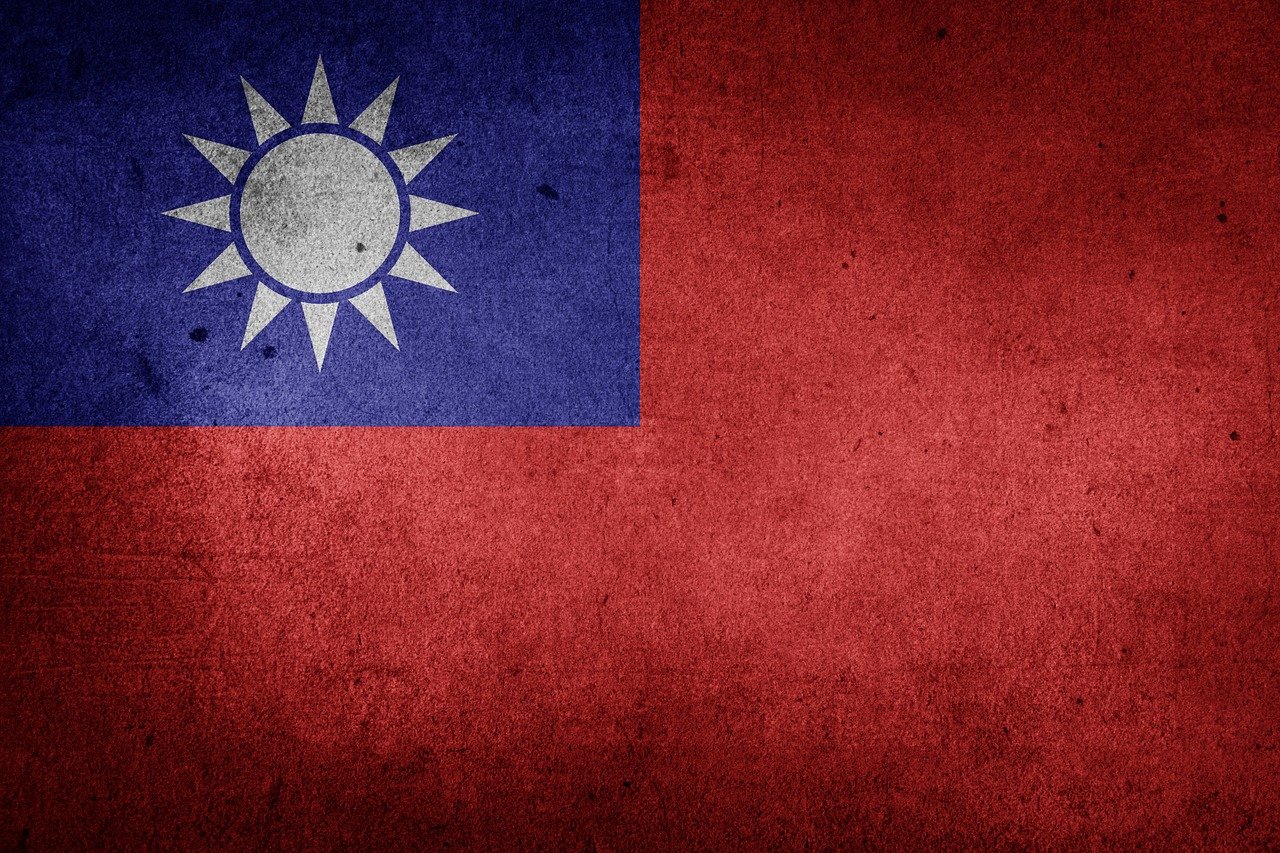How China’s propaganda war on Taiwan works

China's strategy for unification with Taiwan is not limited to military aspects, but makes extensive use of propaganda. The article by Giuseppe Gagliano
China's aspiration to unify with Taiwan is a long-standing goal, reinforced by President Xi Jinping, who has emphasized the possible use of force to achieve this aim. This narrative has found fertile ground in a historical moment characterized by major geopolitical changes, as witnessed by Xi's speech on January 2, 2019 and subsequent statements on October 16, 2022. The Chinese Communist Party (CCP) is not limited to a military strategy or diplomatic, but also employs more subtle and pervasive methods: information warfare and disinformation. The goal is clear: to weaken domestic and international support for Taiwan, influencing public perception and political will.
CHINESE PROPAGANDA AGAINST TAIWAN
Since the start of the conflict in Ukraine, Taiwanese media has been flooded with Chinese propaganda aimed at undermining confidence in the alliance with the United States. In parallel, Nancy Pelosi's visit to Taiwan in August 2022 and the resulting Chinese military exercises were presented by Beijing as a provocation by Taipei and Washington, rather than a display of aggression by China.
In recent decades, China has adopted a two-pronged strategy: on the one hand, it encourages unification through dialogue with Taiwanese businessmen and politicians; on the other, it propagates a defeatist narrative among the island's population. This narrative is supported by a vast network of influencers and the spread of fake news through social networks.
ANTI-AMERICAN PROPAGANDA
During the 2019 Hong Kong protests, China used social media to spread rumors that protesters were supported by the CIA, an accusation that was also echoed among some Taiwanese users. Faced with this wave of false news, the Taiwanese government has responded with fines and regulations, but with little success in containing the spread of false information.
Many Taiwanese news channels are controlled by entities linked to the Chinese government, which has made Taiwan's media landscape prone to censorship and political manipulation. This has pushed some Taiwanese citizens to turn to social media for information, even though these are themselves subject to the infiltration of Chinese propaganda.
TAIWAN PRINCIPLE 222
The Taiwanese government has developed a proactive approach to defending against disinformation through “Principle 222,” which mandates a rapid and accessible response to false narratives. This strategy proves crucial in the pre-election context, where the PRC could intensify its efforts to influence Taiwanese public opinion in favor of the Kuomintang (KMT), which is considered more open to conciliatory relations with China.
WHAT CHINESE INTELLIGENCE DOES
At the same time, Chinese intelligence conducts clandestine operations to infiltrate and influence Taiwanese institutions. The case of Colonel Hsiang Te-en and other similar incidents highlight how the PRC aims to insert its spies into all levels of the Taiwanese military. This type of infiltration not only undermines Taiwan's national security but also establishes a climate of mistrust among the population towards its military and political leaders.
THE MICROCHIP INDUSTRY
Another critical arena is the semiconductor industry. Taiwan holds a dominant share in the global semiconductor market, being the hub of advanced chip manufacturing. The PRC has stepped up its espionage and talent recruitment efforts in this sector to reduce its dependence on Taiwanese semiconductors. Through sophisticated headhunting and industrial espionage campaigns, it seeks to appropriate Taiwanese skills and technologies to strengthen its semiconductor industry.
CHINA'S OBJECTIVES
China's espionage and destabilization actions pursue a dual strategy: to create distrust and defeatism in Taiwanese society and at the same time to weaken and potentially acquire Taiwan's technological advantage in semiconductors. China, in this way, is preparing for a sort of war without direct combat, but with potentially equally devastating effects.
In conclusion, tensions across the Taiwan Strait are a clear example of modern warfare in which the conflict extends beyond traditional land, sea and air domains, encompassing cyberspace and the information realm. This new form of confrontation, fueled by political objectives and power strategies, requires a rethinking of traditional conceptions of security and defense, and poses significant challenges for both Taiwan and the international community.
This is a machine translation from Italian language of a post published on Start Magazine at the URL https://www.startmag.it/mondo/taiwan-guerra-propaganda-cinese/ on Sun, 12 Nov 2023 06:09:13 +0000.
